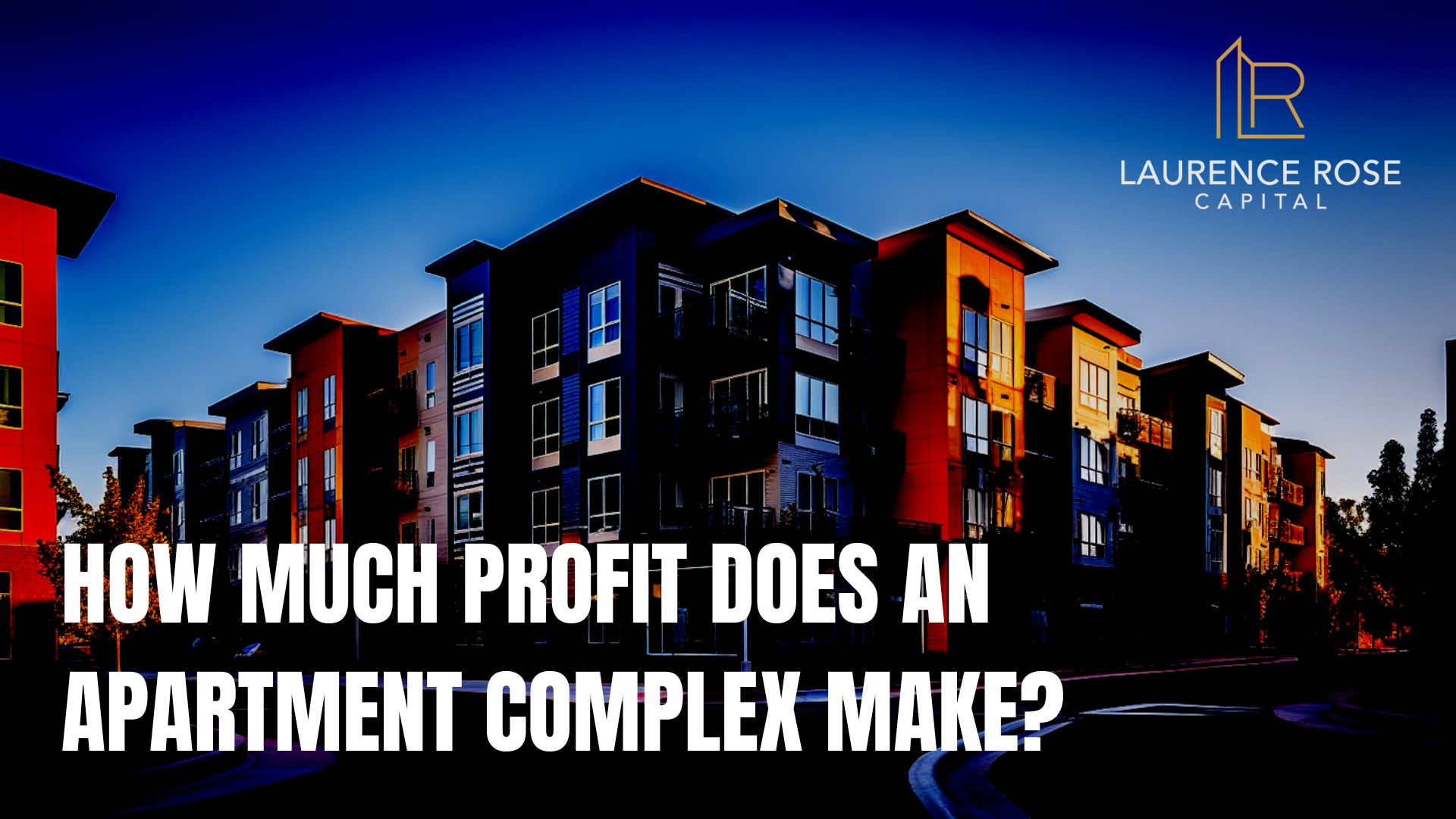Investing in apartment complexes can be a lucrative venture, but understanding how much profit they can generate requires a comprehensive analysis of various factors. The profitability of an apartment complex depends on numerous variables, such as location, market conditions, expenses, and management. In this article, we will delve into the key factors that influence the profit potential of apartment complexes and explore how much profit they can make.
Factors Affecting Apartment Complex Profitability
- Location: The location of an apartment complex is a fundamental factor in determining its profitability. Apartments in prime locations, such as urban centers or desirable neighborhoods, tend to command higher rents and lower vacancy rates, thus increasing profit potential.
- Market Conditions: The state of the local real estate market has a significant impact on profitability. A strong demand for rental properties, coupled with limited supply, can lead to higher rents and lower vacancy rates, resulting in greater profits.
- Rental Rates: The rental rates you can charge for the apartments in your complex play a crucial role in profitability. Charging competitive rents in line with local market rates while still providing value to tenants is essential.
- Operating Expenses: Managing and maintaining an apartment complex can be expensive. Operating expenses include property management, maintenance, repairs, utilities, property taxes, insurance, and more. Controlling these costs is crucial to maximizing profits.
- Vacancy Rates: High vacancy rates can significantly impact profitability. Reducing vacancies through effective marketing, tenant screening, and providing excellent amenities and service can boost profit margins.
- Property Management: Efficient property management is essential for maintaining tenant satisfaction, reducing turnover, and controlling operating expenses. Quality management can help optimize profits.
- Financing and Debt Service: The financing terms for the apartment complex, including the interest rate and loan duration, can impact profitability. Higher interest rates or shorter loan terms can increase monthly expenses, affecting profits.
Calculating Apartment Complex Profit
To determine the profit potential of an apartment complex, you need to consider both revenue and expenses. Here’s how to calculate potential profit:
1. Gross Income: Calculate your annual gross income by multiplying the total number of units by the average monthly rent, then by 12.
2. Operating Expenses: Deduct operating expenses from the gross income. This includes property management, maintenance, taxes, insurance, utilities, and other costs.
3. Vacancy Rate: Subtract the estimated vacancy rate from the remaining income. For example, if you have a 5% vacancy rate, you would subtract 5% from the remaining income.
4. Debt Service: If you have a mortgage on the property, subtract the annual debt service (principal and interest payments) from the remaining income.
5. Net Operating Income (NOI): After these deductions, you’ll have your Net Operating Income (NOI), which represents the property’s profitability before accounting for the initial investment.
6. Capitalization Rate (Cap Rate): The Cap Rate is the ratio of the property’s NOI to its current market value. It provides a measure of the property’s potential return on investment.
7. Cash Flow: Your annual cash flow is the NOI minus the annual mortgage payment, if applicable.
8. Return on Investment (ROI): Calculate the ROI by comparing your initial investment to the annual cash flow. This percentage shows how much profit you make relative to your investment.
Conclusion
The profitability of an apartment complex is influenced by a variety of factors, making it essential to consider location, market conditions, rental rates, operating expenses, and effective property management. By conducting a thorough analysis and understanding the financial aspects, investors can estimate how much profit an apartment complex can generate. Ultimately, successful apartment complex investment requires a combination of strategic planning, efficient management, and a keen understanding of market dynamics to maximize returns and create a financially rewarding venture.







